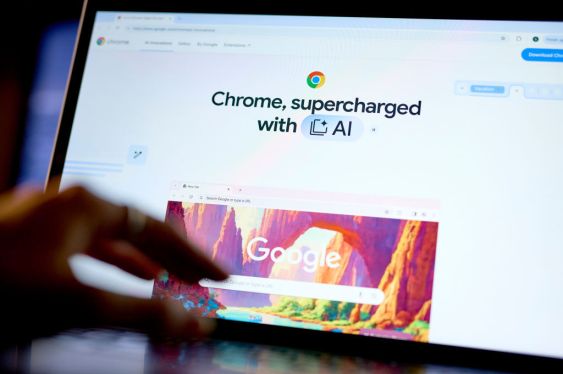OpenAI launched an AI-powered web browser called ChatGPT Atlas this week. This news makes me wonder if it is finally time to ditch Safari. That development was on our minds as we discussed the browser landscape, including some lesser-known alternatives, on the latest episode of the Equity podcast. However, it does not sound like any of us will be making a big switch soon.
For one thing, many companies have tried and ultimately failed to unseat the major browsers. This is often due to their inability to make money on the browser alone. Of course, that is less likely to be a problem for OpenAI, given its increasingly massive funding rounds.
One person has tried out Atlas and other browsers that promise AI agents will do the work for you. He reported there is a slight efficiency gain at best. At other times, you end up watching the agent click around on a website. Is that something normal users are really asking for? There are also significant security risks to consider.
I am still using Safari, but I have been experimenting with non-Google search engines. I am tired of seeing all the generative AI content at the top of my search results. There is also a larger question of what AI browsers mean for the open web. You can still visit web pages, but it is reasonable to suggest that a website could become less important as more of our browsing is controlled by AI interfaces and chatbots.
This discussion about the agentic web is a big idea that people talk about a lot. It is a fascinating question. People have tried to create solutions for a future they feel is coming. However, it reminds me of previous tech waves where the actual experience and value proposition for the consumer are not super compelling today.
After trying ChatGPT Atlas and other similar tools, the most generous estimation is a slight efficiency gain. It makes you slightly more efficient. But most of the time, you are slowly watching it click around on a website, performing a task you would probably never do in the real world. For example, having it look up a recipe and add all the ingredients to Instacart is a common example used in demonstrations, but I do not know if people actually do that very often. There is a huge gap between the tech industry building tools for the agentic web and the reasons a normal person would use them.
Another perspective is from someone who has not used any of these AI browsers. He is very traditional when it comes to search and browsing. His work involves looking for documents, which requires looking through different parts of web pages and using Boolean searches on Google. He might try these new tools if Google discontinues Boolean search, but that has not happened yet.
What is interesting is that we have seen other companies try to compete in the browser space and they always lose. It is impossible to make money on a browser as a product. Some have tried to charge up front, but it is ultimately not sustainable when competing against Safari, Chrome, or Firefox.
Now, we finally have companies with seemingly infinite money, so they can ride it out as long as they want. They are not trying to make money on these browsers yet. OpenAI does not need to make money on this in the next year or two; it can just have the product out there and let it take shape.

